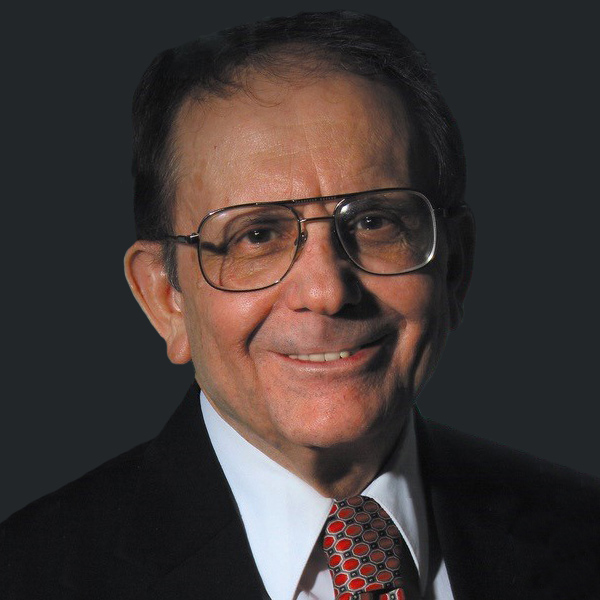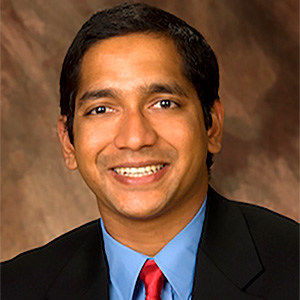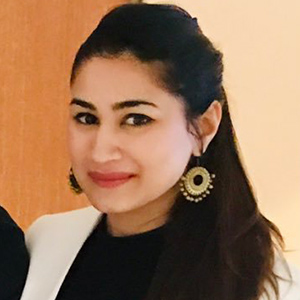Conversations With Cardiologists: John B. Kostis, MD, FACC

John B. Kostis, MD, FACC, is a cardiologist at Rutgers Robert Wood Johnson Medical School in New Brunswick, NJ, where he established the Cardiovascular Institute (CVI) of New Jersey. In the following interview, Kostis describes what led him to establish the institute, as well as provides encouraging advice for FITs.
What led you to establish the CVI of New Jersey at Rutgers Robert Wood Johnson Medical School?
The CVI was established to provide opportunities for many types of scientists working in the cardiovascular field to interact face-to-face. It is in the interface of disciplines where most progress is made. The CVI has two primary goals: the advancement of knowledge in the prevention and treatment of cardiovascular disease, and training the future leaders of cardiovascular medicine.
What advice do you have for fellows who aspire to be physician-scientists? What are traits that have stood out amongst the trainees who have gone on to achieve clinical and academic success?
My advice is to set your goals high, and never get discouraged or give up! The traits of trainees who have gone on to do well include academic curiosity, intellectual honesty, and the ability to recognize errors and learn from their mistakes.
What are key events that have shaped cardiovascular medicine in the last decade?
The one event that stands out is the development and multiplicity of clinical trials proving the benefit of statins in primary and secondary prevention, as well as the wide acceptance of these medications by clinical guidelines and practicing clinicians.
Advances in interventional cardiology and structural heart disease, as well as the current attention of investigators to heart failure with preserved ejection fraction, have also shaped cardiovascular medicine. Furthermore, cardiovascular implanted electronic devices and ablation were important developments.
The future of cardiovascular medicine is what excites me the most. Pluripotent stem cells and cloning, as well as the increasing interaction of machines (machine learning, robots) with humans and artificial intelligence, are exciting developments. Digital clinical trials are presently being conducted. More exciting future developments include the use of biometrics, drones and quantum computing in the cardiovascular field.
Who have been the most influential figures to shape your career, and what are the most important lessons that you have learned along the way?
The most influential people that have shaped in my life since I was a toddler are my parents and brother. My high school teacher, Professor Michaletos, taught me to question everything and not trust anything unless I understand it.
As a fellow, I worked under the guidance of Samuel Bellet to develop the first diagnostic use of Doppler ultrasound in cardiology (Circulation 1968). Professor Peter T. Kuo, MD, DSC, taught me not only cardiology but also many things about life, including to be patient and to accept reality as it is.
How did you first get involved with the ACC? What led you to establish the unique trans-Atlantic relationship between the ACC New Jersey Chapter and Panhellenic Congress in Athens, Greece?
I first got involved with the ACC because my boss, Kuo, instructed me to. He was an amazing mentor.
The idea of collaboration with the University of Patras was that of my close friend and colleague, Haralambos Gavras, MD. We have a memorandum of understanding between the two universities to promote the exchange of knowledge and ideas in cardiology that transcend the Atlantic. Globalization is the zeitgeist of our era.
With more than three million scientific articles published each year, how do you stay on top of the advances in cardiovascular medicine?
I browse through the table of contents of journals that I receive every day and read carefully the articles that seem interesting. I also frequently interact with fellows, students, faculty and patients, and I learn from all of them.
Being an avid reader, which three books would you suggest as must reads?
I would recommend reading a text from each great culture. From Indian culture, the Bhagavad Gita; from Chinese culture, it should be related to Confucius such as the Analects; from the Western culture such as the Greeks, the Odyssey; and from the New World, The Federalist Papers.
Looking back, what advice would you give John Kostis when he was an FIT?
I should have known better not to be insulted when I was wrong, and instead should have considered it an opportunity to learn and accept diverse opinions.



